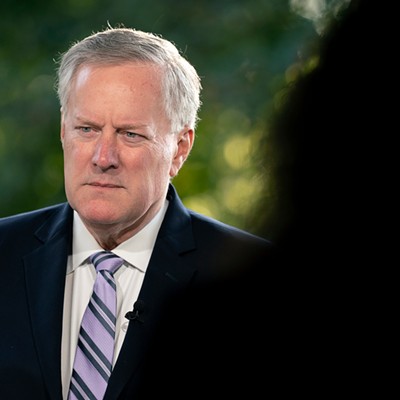
By NICHOLAS FANDOS, ADAM GOLDMAN and SHARON LaFRANIERE
© 2018 New York Times News Service
WASHINGTON — A secret, highly contentious Republican memo reveals that Deputy Attorney General Rod J. Rosenstein approved an application to extend surveillance of a former Trump campaign associate shortly after taking office last spring, according to three people familiar with it.
The memo’s primary contention is that FBI and Justice Department officials failed to adequately explain to an intelligence court judge in initially seeking a warrant for surveillance of Page that they were relying in part on research by an investigator, Christopher Steele, that had been financed by the Democratic National Committee and Hillary Clinton’s presidential campaign.
Democrats who have read the document say Republicans have cherry-picked facts to create a misleading and dangerous narrative. But in their efforts to discredit the inquiry, Republicans could potentially use Rosenstein’s decision to approve the renewal to suggest that he failed to properly vet a highly sensitive application for a warrant to spy on Page, who served as a Trump foreign policy adviser until September 2016.
A handful of senior Justice Department officials can approve an application to the secret surveillance court, but in practice that responsibility often falls to the deputy attorney general. No information has publicly emerged that the Justice Department or the FBI did anything improper while seeking the surveillance warrant involving Page.
Trump has long been mistrustful of Rosenstein, the Justice Department’s No. 2 official, who appointed the special counsel, Robert Mueller, and now oversees his investigation into Trump’s campaign and possible obstruction of justice by the president.
Republicans on the House Intelligence Committee, whose staff wrote the memo, could vote as early as Monday, using an obscure House rule, to declassify its contents and make it available to the public. Trump would have five days to try to block their effort.















